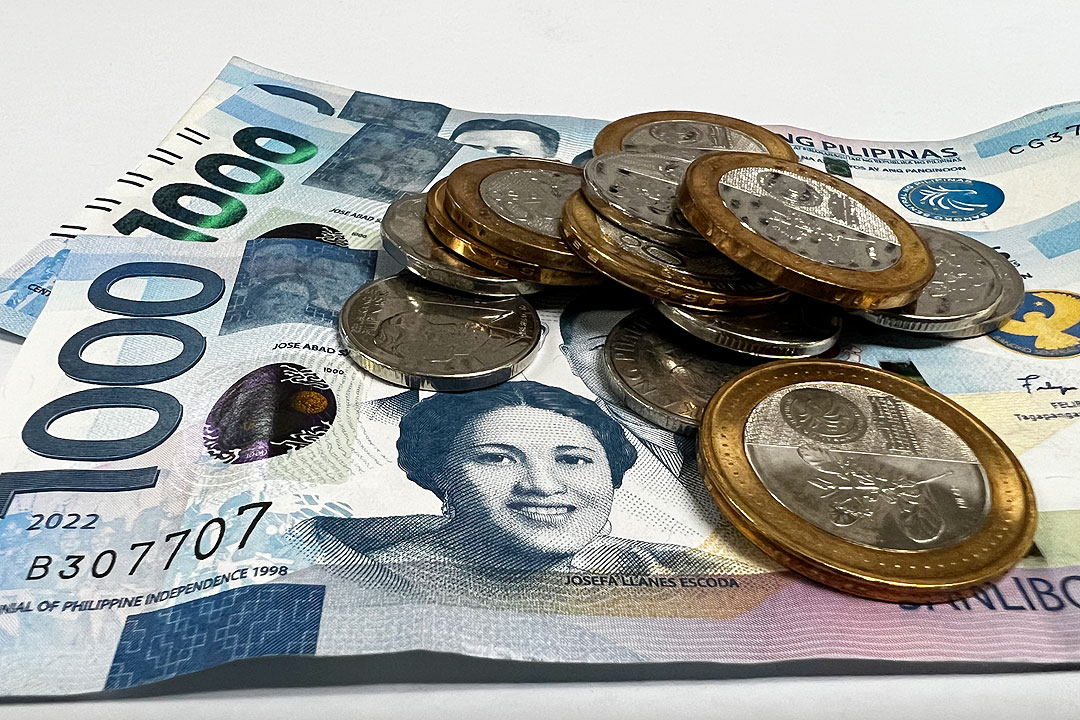By Edielyn Mangol, Reporter
Security Bank Corporation has announced recently that it will raise ₱5 billion through the issuance of five-year fixed-rate peso bonds, a move aimed at bolstering its funding base, supporting its lending capacity, and harnessing investor demand amid a stable interest rate environment.
As interest rates fluctuate globally, fixed-rate local currency instruments offer investors certainty — an important factor in the Philippines’ financial markets today. This report examines the structure of the bond offer, its potential impact on Security Bank and its stakeholders, and how the transaction fits into broader trends in Philippine banking and capital markets.

Fixed-rate Peso bonds offer: Structure and terms
Security Bank’s bond issuance is set at ₱5 billion, with a term of five years and a fixed interest rate to be determined at pricing. The bank aims to attract institutional and retail investors who seek stability in yield, particularly amid uncertainty in global interest rates.
A fixed-rate peso bond instrument locks in the cost of borrowing, protecting both the issuer and investors from rate volatility over the bond’s lifetime.
The fixed-rate peso bond issue will be denominated in Philippine pesos, avoiding currency risk for local investors. Security Bank has engaged bookrunners and underwriters to facilitate the successful execution of this tranche, ensuring broad market participation.
Proceeds will be used for general corporate purposes, to strengthen the bank’s capital adequacy, and to potentially fund-lending operations to high-growth sectors.

Implications for Security Bank and the Philippine banking sector
For Security Bank, the issuance provides a strategic opportunity to shore up its balance sheet without diluting shareholder equity. By tapping the bond market rather than seeking equity financing, the bank maintains control over its ownership structure while increasing its funding flexibility. It may also enjoy a favorable cost of funds, depending on the fixed rate negotiated.
On a sectoral level, this fixed-rate peso bond issuance reflects growing confidence in Philippine banking institutions and capital markets. Following recent regulatory reforms that promote transparency and sector strengthening, Philippine banks have been increasingly turning to capital markets for funding. This could accelerate further bond issuances, especially as banks seek to diversify funding sources beyond wholesale and deposit-based funding.

Investor considerations and market outlook
Investors evaluating this offering will closely monitor the coupon rate once announced—it must be attractive enough relative to other fixed-income options, especially given inflation pressures. Credit risk is also a key dimension: while Security Bank is a well-established institution, any fixed‐rate peso bond carries risks, including interest rate risk, credit risk, and liquidity concerns should secondary trading be limited.

From a macro perspective, the Philippine regulatory environment continues to evolve, with the Bangko Sentral ng Pilipinas (BSP) emphasizing financial stability and liquidity. If inflation stabilizes and policy rates moderate, fixed-rate peso bonds like this may become more appealing.
The banking sector’s move toward broader use of capital markets suggests a maturing market landscape, offering more options to both issuers and investors.
Peso bond market trends in the Philippines
The peso bond market has grown steadily in recent years, fueled by strong demand from institutional investors such as pension funds, insurance companies, and government-backed institutions. Retail participation is also increasing, as banks and regulators continue to make investment products more accessible through digital channels.
This growth is supported by the Philippines’ relatively resilient economic fundamentals. Despite global headwinds, domestic demand has remained strong, supported by remittances, infrastructure spending, and an expanding services sector.
Bonds denominated in local currency give both issuers and investors a measure of protection from foreign exchange volatility, making peso bonds a reliable vehicle for capital formation.

Security Bank’s decision to tap this market aligns with these trends and highlights how mid-to-large banking institutions are leveraging bonds as a tool to compete effectively.
By issuing peso-denominated securities, Security Bank reinforces the message that local capital markets are robust enough to sustain large-scale funding initiatives.
A strategic move for stability
Security Bank’s ₱5 billion fixed-rate peso bond issuance is more than just a capital-raising exercise — it signals the bank’s strategic use of capital markets to reinforce financial strength without sacrificing ownership or control. For investors, it offers an opportunity for predictable returns in uncertain times.
As the Philippine bond market continues to deepen, issuances like this not only benefit individual banks but also help strengthen the financial system as a whole.
For Security Bank, the move underlines its long-term commitment to growth and stability, while for investors, it opens another pathway toward secure, peso-denominated investments.








